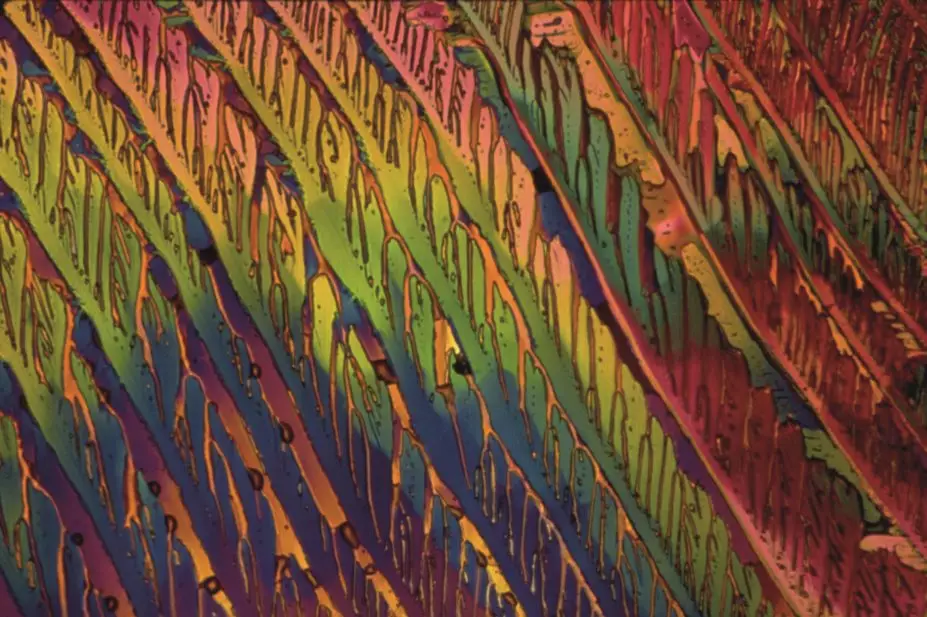
Phototake Inc / Alamy
There is a large body of evidence supporting the immune hypothesis in schizophrenia. Recently, the autoantibodies against proteins expressed on the surface of cells in the central nervous system have been detected, raising the possibility that specific immune-mediated mechanisms may define a biological subgroup within psychosis.
Support for this paradigm comes from a study involving 43 children with a first episode of psychosis. Blood tests revealed antibodies to the dopamine D2 receptor and the NR1 subunit of the N-methyl-D-aspartate glutamate receptor in three and six children, respectively, whereas no such antibodies were found in a group of 43 healthy control children.
“The data from this study suggest that better interventions are possible,” write the authors in Biological Psychiatry
[1]
(2015;77[6]:537-547).


